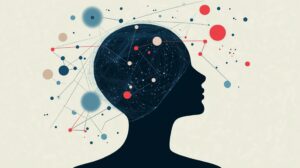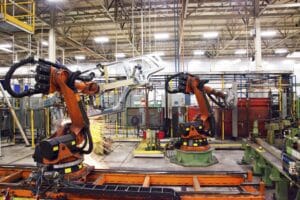
Data-centric: data at the heart of Artificial Intelligence
In a scenario of maturing companies’ analytical capabilities, the principle of data-centric AI proposes bringing to the center the concern with data quality to evolve AI-based systems.

In a scenario of maturing companies’ analytical capabilities, the principle of data-centric AI proposes bringing to the center the concern with data quality to evolve AI-based systems.

Hyperautomation is one of the essential tech capabilities for organizations that want to objectively carry out their digital transformation. It brings together a set of automation technologies to extend their benefits and scope of action.

By strategizing from the present to the future, organizations can miss important signals that point to disruptions and changes in the market game.

Digital literacy is key to unlock people’s and organisations’ ability to use technology as lens to reveal new transformation opportunities

The process of deploying features and updates to digital products is among the foundational skills that need to be refined in the digital transformation, making the organisation more agile and adapted to disruption.

The Transformation Office is a governance mechanism that reaches several layers of management with a permanent, central structure focused on transformation. Understand how it delivers value and which professionals work to make changes more organic.

The second and final article in the introductory series on Industry 4.0 delves into the challenges of digital transformation within the industrial sector. The granularity of machinery data and the vertical integration of systems are points that organizations need to work on.

Digital transformation in healthcare has the potential to personalize the patient experience through an integrated ecosystem and optimize clinical productivity. Telemedicine has been a “gateway” for healthcare players and patients into the digital ecosystem.

In this final article in the series on the Great Battles of Transformation, we will discuss building the foundations that enable change as a continuous process. Foundations involve the development of digital competencies, data intelligence, a culture of experimentation, the application of agile methods at scale, as well as continuous exploration and learning.
Brazilian industry is maturing in its adoption of new digital technologies such as advanced analytics, artificial intelligence and robotization. Unlocking the potential of these enabling technologies requires using them as a lens to observe opportunities in different contexts.